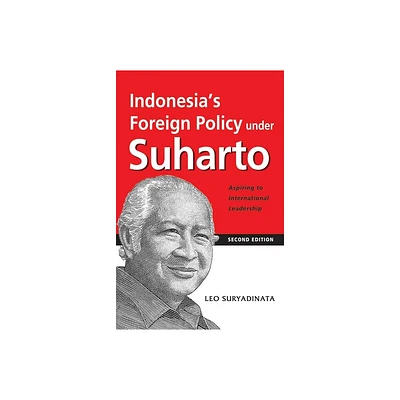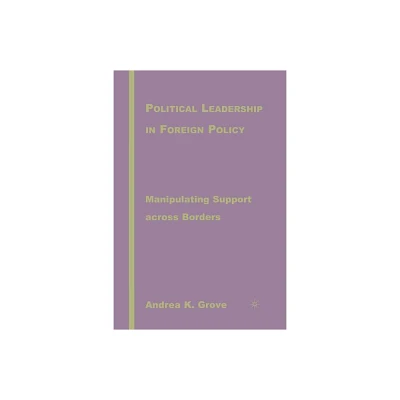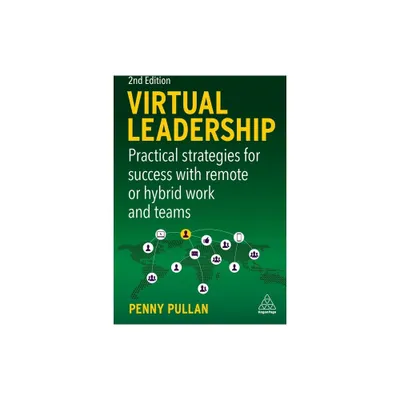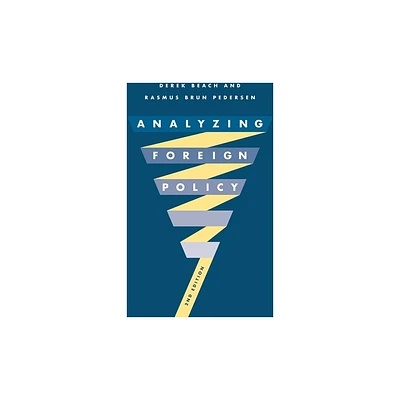Home
Indonesia's Foreign Policy under Suharto: Aspiring to International Leadership (2nd edition)
Loading Inventory...
Barnes and Noble
Indonesia's Foreign Policy under Suharto: Aspiring to International Leadership (2nd edition)
Current price: $60.00


Barnes and Noble
Indonesia's Foreign Policy under Suharto: Aspiring to International Leadership (2nd edition)
Current price: $60.00
Loading Inventory...
Size: OS
*Product Information may vary - to confirm product availability, pricing, and additional information please contact Barnes and Noble
The book, which was first published in 1996, examines Indonesia’s foreign policy under Suharto. It not only details Indonesia’s foreign policy behaviour vis-à-vis Indonesia’s neighbours and major powers, but also places it in the context of foreign policy analysis. Today, the book remains as the only full-length study on Indonesia’s foreign policy under Suharto. It is now reprinted with a new postscript which discusses the post-Suharto era from B.J. Habibie to Joko Widodo.
Indonesia under Suharto had attempted to become a regional power to lead Southeast Asian states and beyond. As the largest country and also the richest in terms of natural resources, Suharto’s Indonesia was held in deference by the ASEAN states. However, due to its limited capabilities, its lack of military strength, advanced technology and economic strength, the political influence of Jakarta was in fact quite limited. During the economic crisis, Suharto was forced to step down. He was succeeded by B.J. Habibie who was largely preoccupied with domestic issues, who in turn was followed by weak presidencies such as Abdurrahman Wahid (Gus Dur) and Megawati. Only after the ex-general Susilo Bambang Yudhoyono assumed presidency did he manage to stabilize the situation and attained economic growth. He even became known as the “Foreign Policy President”. Nevertheless, he was constrained by the harsh Indonesian reality: limited resources, a weak military and absence of political influence. His successor Joko Widodo has been more concerned with economic matters and domestic politics; Indonesian regional leadership declines further.
Indonesia under Suharto had attempted to become a regional power to lead Southeast Asian states and beyond. As the largest country and also the richest in terms of natural resources, Suharto’s Indonesia was held in deference by the ASEAN states. However, due to its limited capabilities, its lack of military strength, advanced technology and economic strength, the political influence of Jakarta was in fact quite limited. During the economic crisis, Suharto was forced to step down. He was succeeded by B.J. Habibie who was largely preoccupied with domestic issues, who in turn was followed by weak presidencies such as Abdurrahman Wahid (Gus Dur) and Megawati. Only after the ex-general Susilo Bambang Yudhoyono assumed presidency did he manage to stabilize the situation and attained economic growth. He even became known as the “Foreign Policy President”. Nevertheless, he was constrained by the harsh Indonesian reality: limited resources, a weak military and absence of political influence. His successor Joko Widodo has been more concerned with economic matters and domestic politics; Indonesian regional leadership declines further.


















